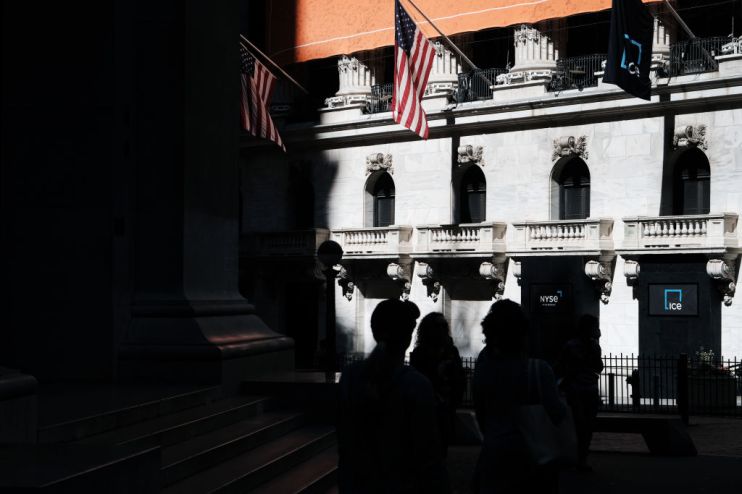Stock and bond prices fall for first time since 2008 financial crisis but only to $255 TRILLION

The value of stocks, bonds and other financial assets across the world have fallen for the first time since the 2008 financial crisis as central banks globally have jacked up interest rates aggressively to tame stubbornly high inflation.
Global financial wealth slimmed four per cent last year to $255 trillion, the first drop in 15 years, according to a report out today from management consultants Boston Consulting Group (BCG).
Stocks and bonds have been under intense selling pressure due to the likes of the Bank of England, European Central Bank and US Federal Reserve piling pressure on their respective economies via higher borrowing costs.
The trio have embarked on the quickest monetary policy tightening cycle in a generation to slam down rising prices.
Factors that have squeezed worldwide financial wealth “include spiking inflation, the resulting rise in interest rates, and poor equity market performance against the backdrop of geopolitical uncertainty sparked by the war in Ukraine,” BCG’s report said.
Rising interest rates make equities less appealing by raising returns on fixed income assets, like bonds. They also squeeze economic growth, which tends to depress companies’ earnings, knocking market sentiment.
Since the 2008 financial crisis and up until late 2021, interest rates had been ultra low and central banks were flooding economies with cheap cash, supporting asset prices. These dynamics are now reversing.
Bond prices have dropped due to investors betting on central banks lifting borrowing costs sharply.
If traders think further rate rises are coming, they tend to ditch bonds until their yields reach a level that’s at least in line with official borrowing costs. Returns sometimes rise beyond that level to compensate investors for tying up their cash for many years. Yields and prices mover inversely.
However, BCG said the value of real, physical assets, like homes and art, jumped 5.5 per cent globally to $261 trillion.
Inflation – which has raged throughout the world for more than a year – tends to benefit people who own real assets, although owning things like real estate can bring greater risk.
That upsurge sent overall worldwide wealth to $516 trillion in 2022.
BCG thinks the global financial wealth downturn will be “short lived,” claiming it is on course to climb five per cent this year to $267 trillion.
So far in 2023, London’s FTSE 100 has climbed around 0.10 per cent, while Wall Street’s main index, the S&P 500, has risen around 13 per cent.